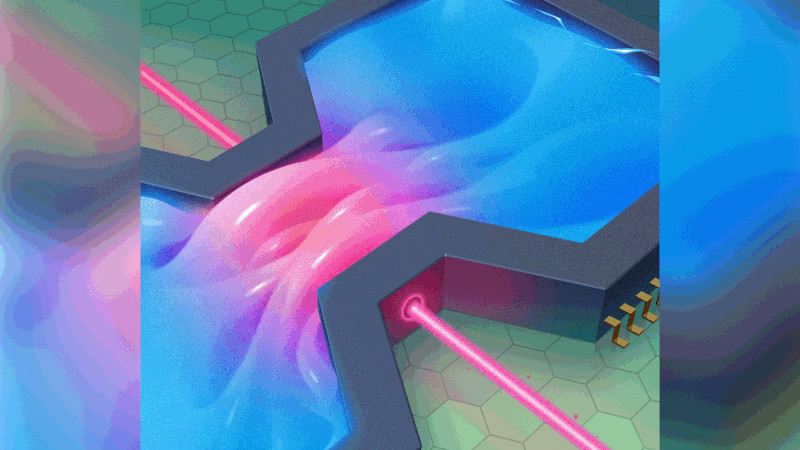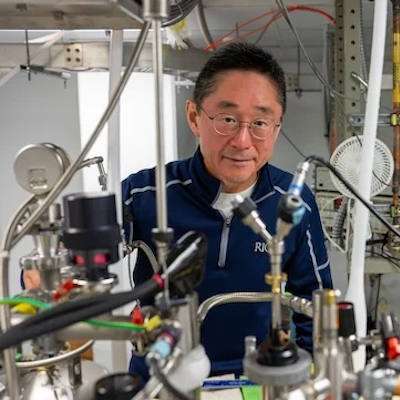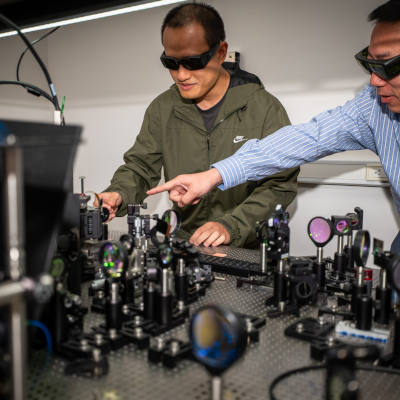Electron fluid research could open the door to better electronics
Oct. 23, 2024.
2 mins. read.
9 Interactions
In certain materials, electrons can exhibit this fluid-like behavior at room temperature or under specific conditions.
Scientists at National University of Singapore are advancing toward new electronic technology involving fluid-like electrons.
Normally, electrons move in a somewhat random manner inside materials. However, in certain conditions, electrons can start to flow more like a fluid, similar to how water flows. This behavior is unusual because electrons typically bounce off atoms and other electrons, but in this fluid state, they move more freely and collectively.
The scientists have discovered materials where electrons can exhibit this fluid-like behavior at room temperature or under specific conditions. This discovery opens up new technological possibilities.
The scientists have described the methods and results of their study in a paper published in Nature Nanotechnology. The scientists have found that, in graphene exposed to electromagnetic radiation of terahertz frequencies, the electron fluid heats up and its viscosity is drastically reduced, resulting in lower electrical resistance.
The ability to detect Terahertz (THz) waves, situated between microwaves and infrared light, could unlock advances in technologies.

New electronic devices based on this research could use less power because fluid-like electron movement reduces resistance, which usually causes energy loss as heat. These new electronic devices could be much faster since electrons moving more freely can carry information or electricity quicker.
The flow of fluid-like electrons can be very sensitive to changes in environment (like temperature or magnetic fields). Therefore, this research could permit the development of new, highly sensitive sensors.
Materials with fluid-like electrons could manage heat better, which is crucial for cooling electronic devices or even in harnessing waste heat for energy. Less energy wasted as heat means more efficient devices, which is good for battery life in gadgets and for reducing energy consumption overall.
Applications of viscous electronics
This research project might not immediately change everyday electronic gadgets, but it sets the groundwork for future technologies.
New devices could be smarter, more energy-efficient, thinner, more flexible, and capable of new functions.
These findings might also help in creating components for quantum computers, where there is a need to control electron states very precisely.
Beyond their fundamental implications, note the scientists in the Nature Nanotechnology paper, these findings underscore the practicality of electron hydrodynamics in designing ultra-fast THz sensors and electron thermometers.
Let us know your thoughts! Sign up for a Mindplex account now, join our Telegram, or follow us on Twitter.


.png)

.png)


.png)







1 Comments
One thought on “Electron fluid research could open the door to better electronics”
Exciting times for nanoelectronics!
🟨 😴 😡 ❌ 🤮 💩